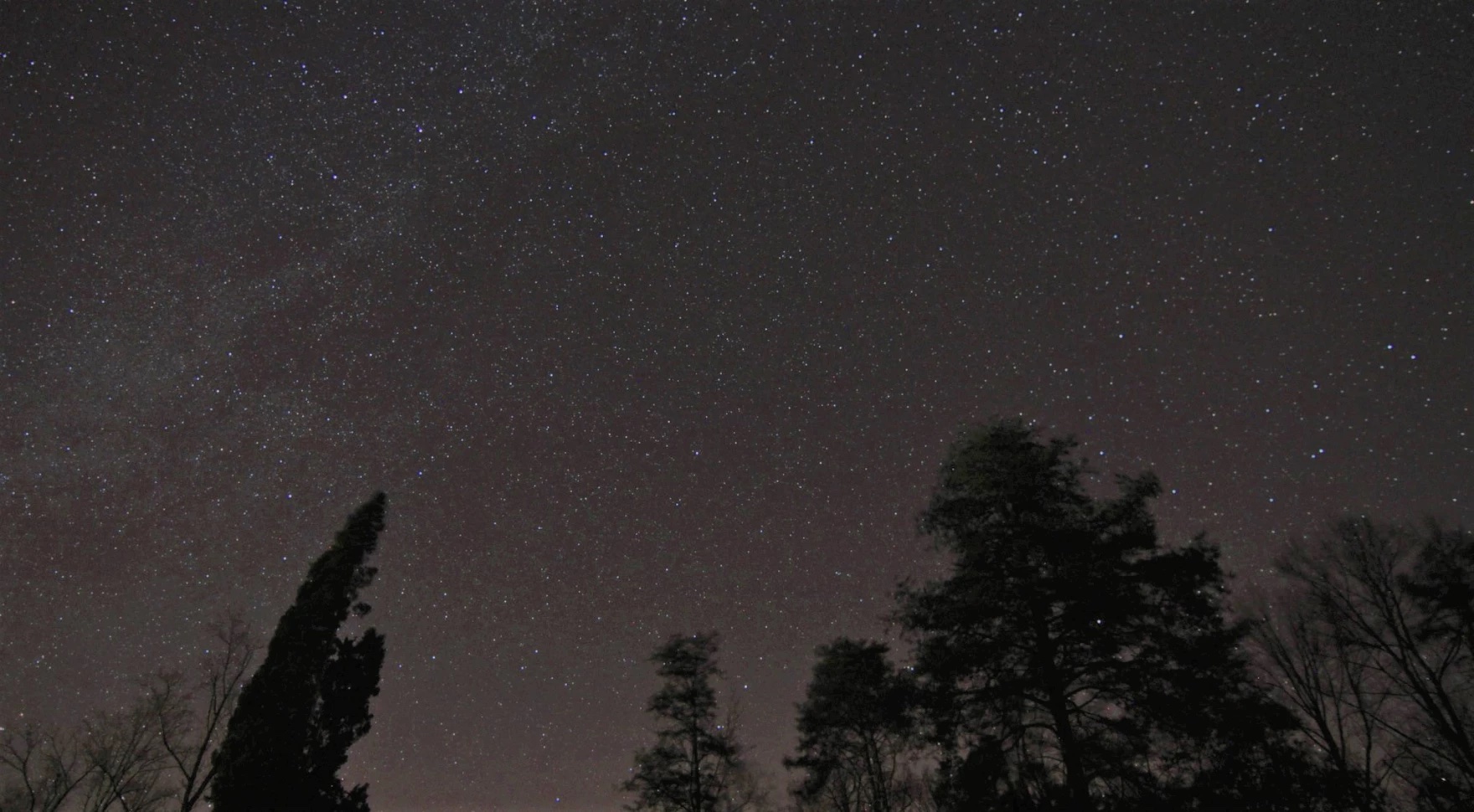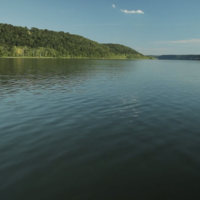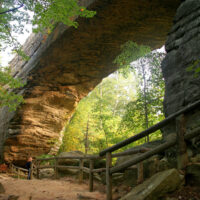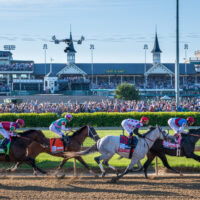The Perseids Meteor shower is set to light up the night sky this Saturday night with a dazzling display of “shooting stars,” which are actually meteors that consist of chunks of ice or rock. Mammoth Cave National Park is hosting a free event for all those interested in watching the show, with park rangers on hand to answer any questions.
Aaron Quicksall is a park guide and one of the leaders of the Night Sky Team. He told WKU Public Radio that it will be a great display of what he calls “space dust.”

“It is the remnants of a few comets that come through the solar system every 100 to 150 years,” he said. “The remnants of their tails as the Earth plows through them create the meteorites as they burn up in the Earth’s atmosphere.”
Events will begin at the outdoor amphitheater near the Camp Store with an interpretive talk that discusses the importance of the night sky environment to plants, animals, and humans.
As the sun sets and the stars begin to emerge, the group will move to the bus loop of the visitor center, where several telescopes will be set up for nighttime viewing. Local astronomers who wish to bring their telescopes are invited to join the Star Party.

Along with the display, attendees will also get the chance to learn more about the dangers of light pollution and how it affects people’s perception of the night sky. Quicksall says light pollution is so dense that over 95% of the U.S. population doesn’t live under a natural night sky.
“I’ve given several of these programs, and when 150 people show up and we go through them, only one group actually lives underneath the night sky, and the vast majority of people have never seen the Milky Way before. Large portions have never seen a planet,” he said.
No registration is required to attend. The event will run from 7:30 p.m. to 10:45 p.m. central time on Sat., August 12.
The National Park said that the activities are weather dependent and could be cancelled in the event of hazardous weather.
This story is republished with permission from WKMS. Read the original.





